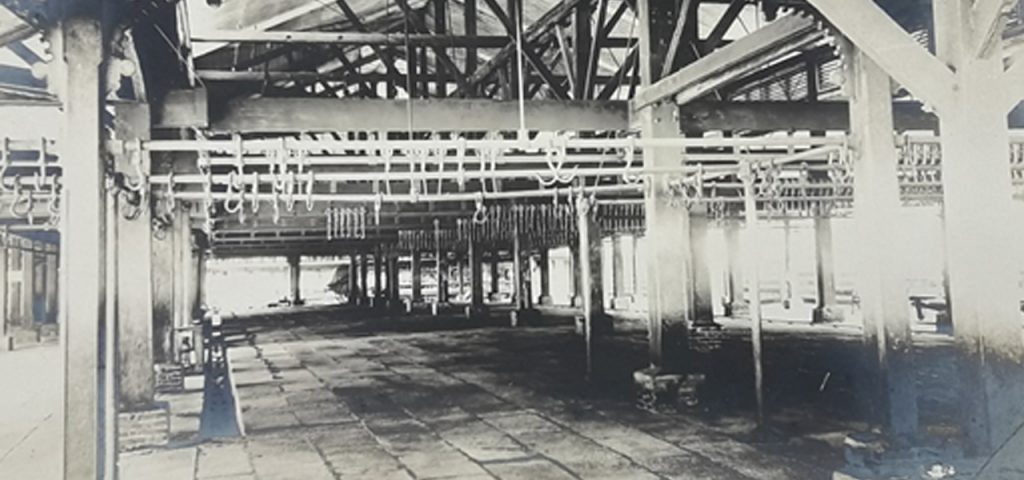A Philippine feminist poet wrote a poem on the country’s war on drugs. By using the rodent as an analogy, she describes the ever-recurring problem: drug addicts breed and multiply and reside in the darkest recesses of the society. When the people are away, the mice will come out at night to play. Hence, for her, the only solution is to kill the rodents — no matter what.
I may not be a literary scholar, but literature of any kind is an artefact of its own time. Thus, from this historical lens, it appears that some artists or intellectuals would be supporting this war on drugs. Moreover, it is disconcerting that such a view promotes a grave dichotomy of humans: the better individuals who are clean and do not do drugs, vs those who are considered as lowlifes because of their involvement. The latter group is what this poet conveniently describes as rodents.
The use of rodents to describe the marginalized is not new in academic or literary discourse. But when it is used to identify the men from the mice, it meant to promote that some are more honorable, deserving, and better in stature, class, and other social indicators than others. By extension, the distinction highlights the state of the other: if you are not a man, then you must be a rodent. And what must be done to such creatures? Kill them.
The main argument persists: with rodents being killed, human persons can live better. Infections by their diseases and obscurities would be reduced and avoided. This behavior was repeatedly shown on how fanatic supporters of the president have detested due process as a slow remedy in putting away criminals and other drug addicts.
The result is a massive and hasty campaign in abolishing all semblances or traces of these rodents: from their own quarters and residences, more than 12,000 have been eliminated. The most effective way was by the bullet, then with much publicity, men in uniform would act as if they are investigating these cases. And as the figure increases, ardent supporters in this drug war cheer as they calcify their resolve that all rodents must die.
The sad irony is how the “rodents” also cheer these killings without realizing that these are actually directed at them. In the swirling electoral campaign of 2016, radical change in goverment systems, policies, ordinary poverty was promised. Davao became the model of “cleanliness”: no crime, no waste, a citizenry brimming with pride and discipline. The type of change was strongly supported due to the indifference of previous administrations on the plights of both men and mice. When the opportunity to change the situation came, a large sector of men brandished their support, esp coming from the upper and middle class.
To this end, we are witnessing how rodents are summarily executed: duct-taped, in garbage bags, riddled with bullets, fed to the fish. It is not going to be ceased anytime soon, unless the rodents themselves start to gear themselves for battle. Until then, men and mice will experience casualties and even at the cost of the innocents.
